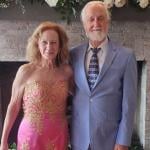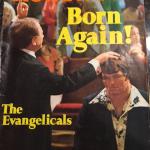We are made for story. For narrative. For life. For moments to unfold. For pages to turn. But our story isn’t part of one single meta-narrative. Our views evolve from a multi-centered existence. From multi-centered narratives. We participate in a life of pluralistic possibilities that draw us into the reality that there is more discovery involved with our existential dilemmas than finding one single answer that offers the illusion of peace. Read more

















